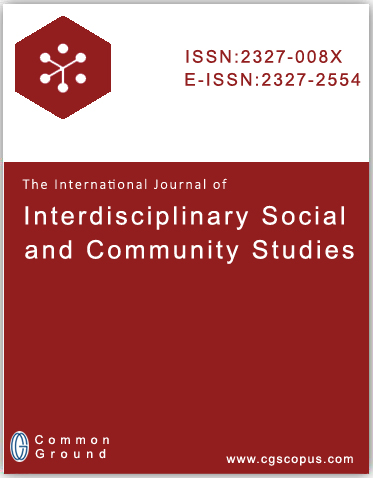Financial Inclusion and Performance of Micro, Small and Medium Enterprises in Nigeria
DOI:
https://doi.org/10.18848/2zmtyh85Abstract
Financial inclusion, characterized by the accessibility and availability of financial services, plays a vital role in fostering the growth and performance of micro, small, and medium enterprises (MSMEs). In Nigeria, MSMEs significantly contribute to economic development by creating employment and generating tax revenues, yet they often face challenges in accessing capital due to their exclusion from traditional banking systems. Total deposit mobilized (TDM) by financial institutions, particularly microfinance banks, serves as a key indicator of financial inclusion, reflecting the extent to which the population participates in formal financial systems. By mobilizing deposits, microfinance banks facilitate access to credit, enabling MSMEs to invest, expand, and improve their operational performance. This study examines the relationship between total deposit mobilized and the performance of MSMEs in Nigeria, focusing on how increased deposit mobilization contributes to their financial growth and sustainability. It explores the hypothesis that there is no significant relationship between TDM and MSME performance. The findings aim to shed light on the role of financial inclusion in addressing the funding gap faced by MSMEs and provide actionable insights for policymakers, financial institutions, and development agencies in promoting inclusive economic growth. The study underscores the importance of enhancing deposit mobilization efforts to empower MSMEs as drivers of Nigeria's economic transformation.










